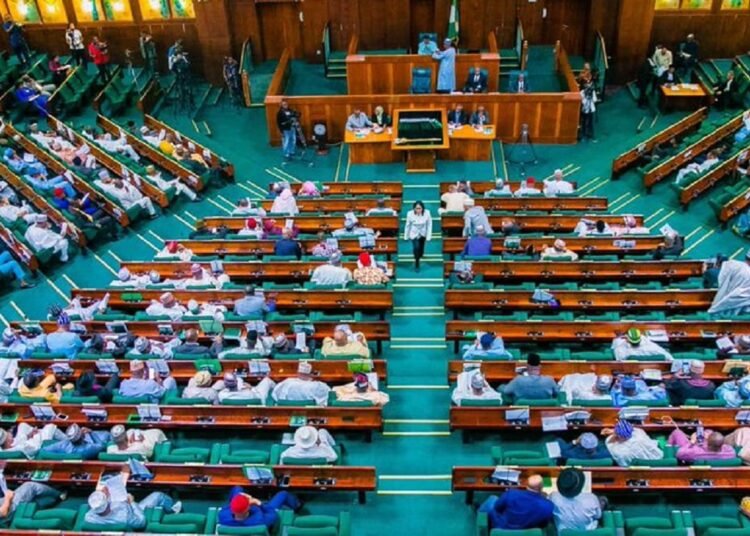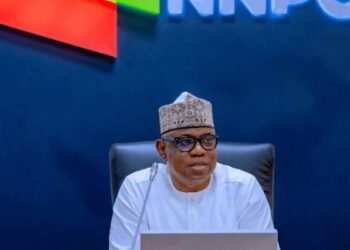Members of Nigeria’s House of Representatives have unanimously agreed to establish an ad hoc Committee responsible for investigating allegations of tax incentives, breaks, and waivers being misused by public officials and benefiting companies.
This decision came after Member Oluwole Oken of Osun state presented a motion during the plenary session on Thursday.
During his address, Mr. Oke emphasized that the federal government holds the authority to exercise executive and legislative jurisdiction over matters outlined in the Exclusive Legislative List as specified in the Constitution’s second schedule.
He further stated that areas such as the taxation of incomes, profits, and capital gains, as well as exports and imports, fall exclusively under the control of the federal government.
Mr. Oke highlighted that in accordance with the above, the Nigerian Federal Government implements monetary and fiscal controls to ensure stability in both micro and macroeconomic conditions and fundamentals.
The lawmaker said that some of the tools available to monetary and fiscal policy authorities to tinker with the economy and stimulate economic activities in some sectors of the economy are tax waivers, tax breaks, tax exemptions and tax incentives.
“Available data also shows that while the federal government has good intentions, these practices have and continue to create a major black hold in the purse of the federation’s government.
“These losses are occasioned and driven primarily by abuses by companies that have been granted tax-based waivers and incentives.
According to available data, Nigeria is experiencing an annual loss of approximately eight trillion naira due to tax incentives and waivers.
Out of this amount, about six trillion naira is lost due to companies exploiting the system, while the remaining two trillion naira worth of waivers serves the intended objectives of the federal government.
The majority of these abuses are associated with fiscal aspects such as capital allowances, Investment Allowances, Pioneer Status Incentives, Free Trade Zone exemptions, and Value Added Tax Exemptions.
These gaps have had a negative impact on Nigeria’s Tax-to-GDP ratio, which currently stands at 10.6%, making it one of the lowest in Africa.
The revenue shortfall in the government’s profile has also compelled the federal government to seek loans, grants, and aid to cover budget deficits.
The lawmaker expressed concern that if immediate measures are not taken to investigate these issues, Nigeria’s fiscal situation may worsen, potentially resembling the economic crisis, recession, and depression faced by Venezuela—a country rich in resources but experiencing deep economic turmoil.
In response, the Speaker of the House, Tajudeen Abbas, directed the committee, once established, to provide a report within four weeks, which will guide further legislative actions.






























































